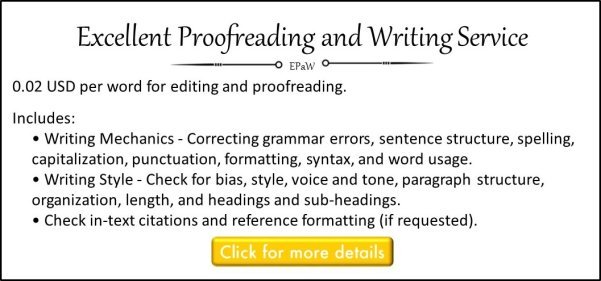Website Language
You have the topic for your website, you now just need to write the content. But the words, the website language might give you some people problems.
If you know and love (or at are least interested in) the topic of your site, writing content should't be too difficult. If you've the knowledge and/or passion about your chosen topic - you just need to get started.
If your writing isn’t great first time, don’t worry. Poor writing can be revised and improved. No writing at all, can’t be revised or improved.

So just write. Write anything, it will get easier and your writing will get better the more you write. Remember that good writing is good communication and good communication is something that can be understood by everyone, as we do it all day everyday when we talk to someone else.
That means you use simple language when writing website content. Don’t worry; this won’t make you look ‘simple’, in the eyes of your readers. They'll be thankful that they’ve found a site that presents excellent content that they can understand.
Remember that as the webmaster of your own website you don’t need to be able to write a best seller fiction book (unless your website is about writing best seller fiction books, and in this case, to add credibility, you should probably have written a best seller).
As a webmaster you're writing non-fiction. This is completely different from fiction writing.
- Good non-fiction writing is the sort of writing no one remembers having read.
If they remember what your content was or what your message was and not the words you used to do say it – you've written good non-fiction website text.
The website language you use should be everyday language; the type of words and sentence constructions that you'd use when talking to someone. It shouldn’t be formal writing. But it also shouldn’t be text speak or poorly written. Website language is language that's easy to read and understand.
The words you use should be words that an average reader would already know. They shouldn’t have to go and look them up in a dictionary. They should be simple words, but they must be used correctly.
Most websites are a form of written communication. You need to communicate well to be taken seriously, which means your writing should be good, if not perfect.The language doesn’t have to be advanced but it has to be used well. If you think that your writing might not be perfect take a look at the proofreading section of this website and the website proofreading page in this section. For help and techniques you can use to make you writing better.
The style of your website's language should be informal. Use language that you'd use when talking to your friends not your boss or teacher. But remember to keep the style and language used in keeping with your visitors and their expectations.
Use short sentences without complicated constructions. Long sentences are hard to read and understand. Keep them short.
If you're writing for a more formal audience modify your language so that it fits. You can still adapt a friendly welcoming tone but with a bit more formality, if that’s what your audience would expect. You know your audience.
If you’re writing about something you know and love you are (or were, before you became an expert on the subject) just the sort of visitor your want. Think, ‘if I read this website would I believe the author was an expert’.

Return to Website Writing from Website Language
Return to Excellent Proofreading and Writing Homepage from Website Language



By Jolyon Dodgson, copyright © 2011-2020.
Excellent-Proofreading-and-Writing.com - Proofreading and writing help for excellent first impressions.





New! Comments
Have your say about what you just read! Leave me a comment in the box below.